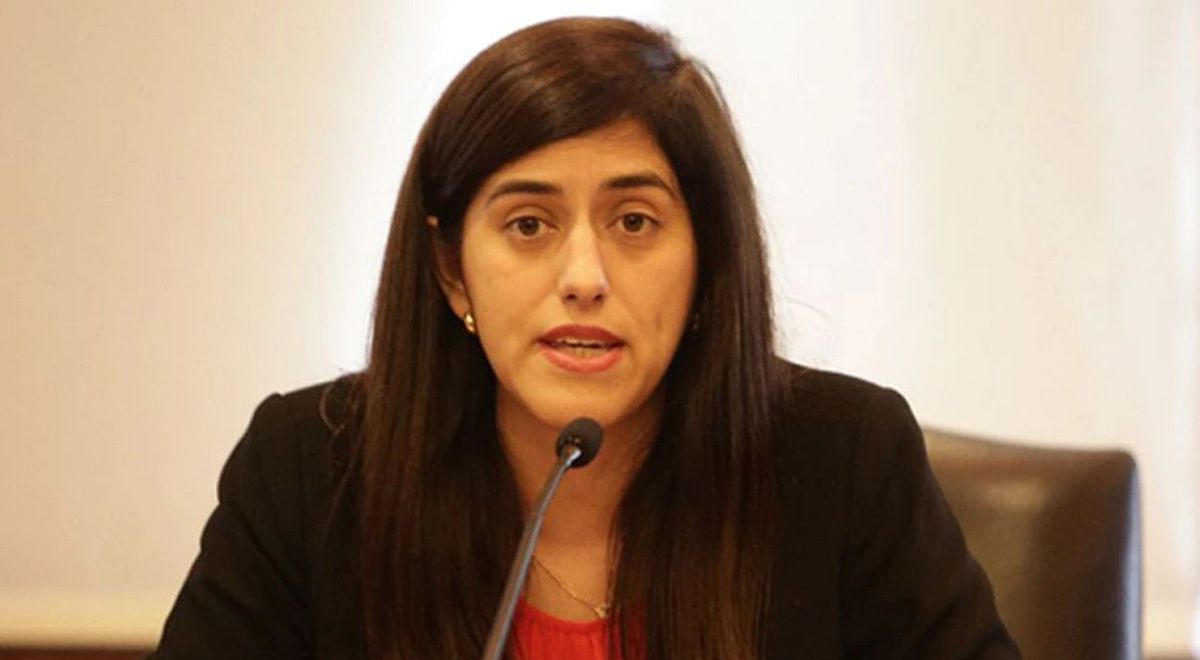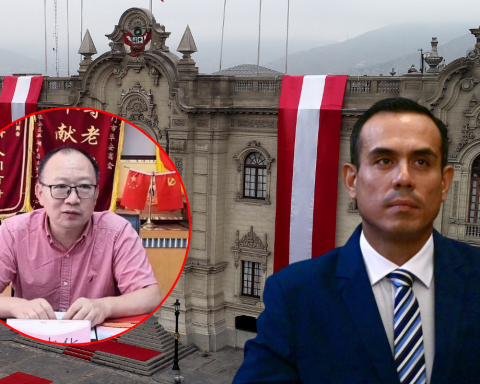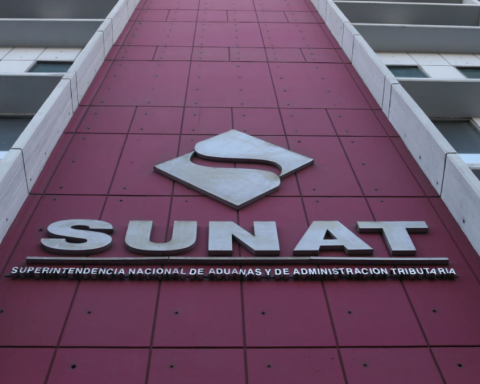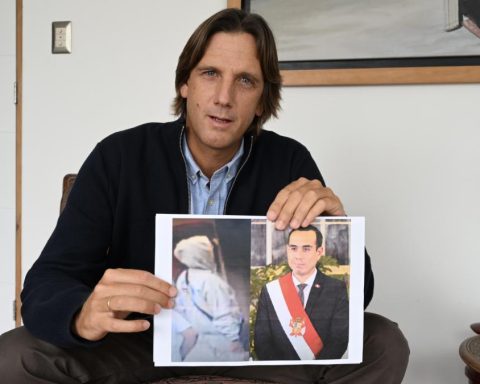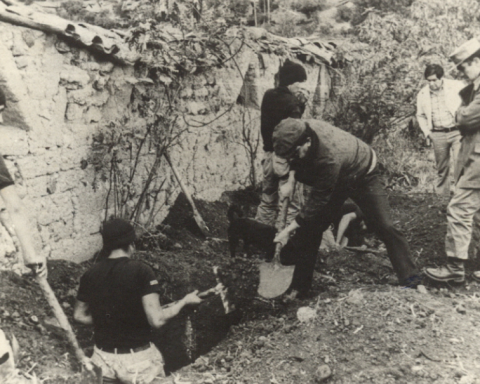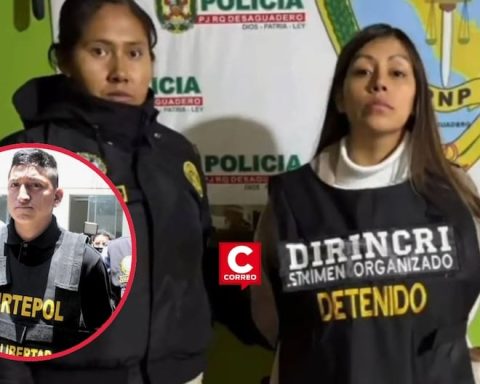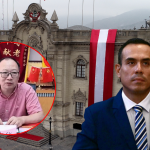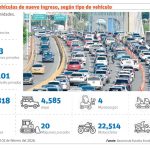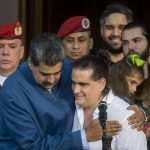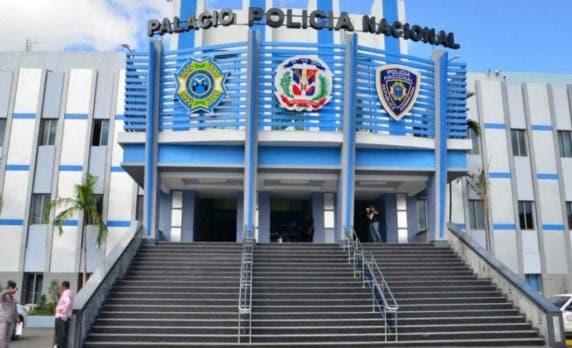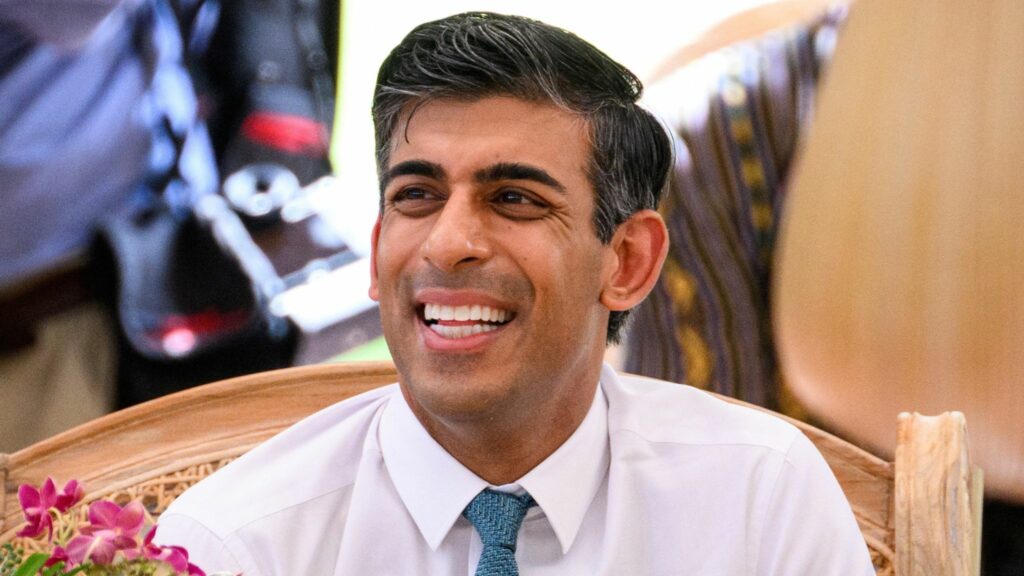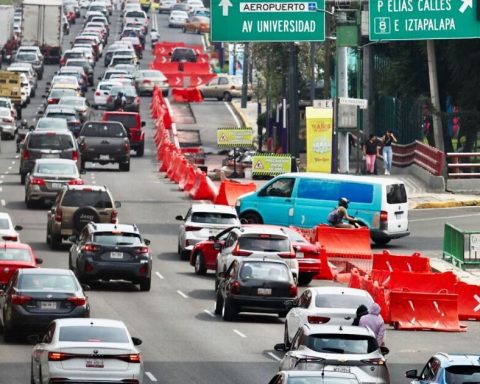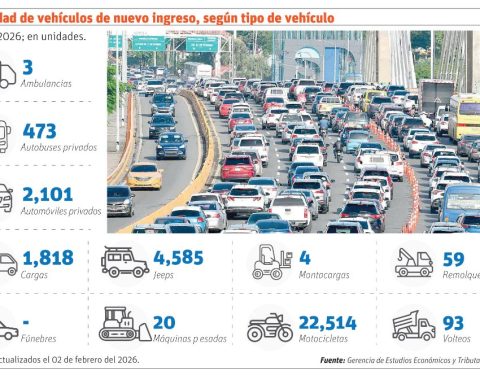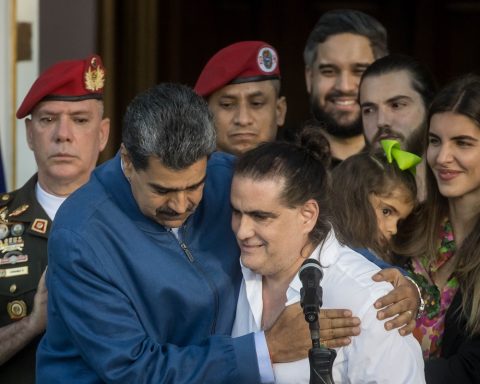Former minister María Antonieta Alva questioned the report approved by the Congress Oversight Commission, chaired by Fujimori Héctor Ventura, who recommends disqualifying her for the purchase of rapid Covid-19 tests in the Martín Vizcarra government. She claimed that they are seeking a political execution with a jerk.
Why are they trying to disqualify her from the State in Congress?
It has to do with a meeting of the MEF (Ministry of Economy and Finance) on March 18, 2020 and a decree that provided resources to acquire diagnostic tests. The MEF does not decide what to buy. The commission has the documents that support that the Minsa (Ministry of Health) made the requirements. The role of the MEF in the pandemic was to support the sectors to facilitate the acquisition of inputs. Critical inputs had to be purchased, but there were none, due to global demand. All the countries were buying them and there were restrictions because the airports were closed and some countries were taking inputs in transit. At that time, you had to act fast.
—Was there a great risk of not getting those products?
And it was not only a problem for Peru, but for the whole world. The problem was so big that the World Health Organization (WHO) with the United Nations created a working group for the supply chain. That March 2020 meeting was public and everyone who could was summoned to gather information on market conditions. The decision was made by the Minsa. It is as if in a problem with the contents of school textbooks, the MEF, for giving the resources, they wanted to hold it responsible. There is a problem of not understanding the roles and functions of each ministry.
—The MEF only gave resources for a request from the Minsa, which technically saw it necessary?
The Minsa defines those requirements. The commission says that the use of rapid tests was prohibited in March 2020. That is false and the commission has the WHO guidelines on serological tests. All that information, which we present in the sessions, has been omitted.
—At the beginning of the pandemic, the WHO recommendations were very changeable and then the rapid tests began to be questioned because they were attributed false positives. Is a mistaken interpretation made by looking at that moment with what is known now?
Those specific issues of why yes or no these tests are the responsibility of the Health sector. Here it is very striking that a Minister of the Economy wants to be involved in a technical decision of the Minsa.
—You say that you took the documents to the commission that at that time these tests were allowed. Is the president of Inspection lying?
You are definitely omitting information. I have argued that the MEF did not decide on any technical requirement. I also brought them the eight WHO guides. They are ignoring it and the report is very partial, not with the rigor that is expected from an exercise that all Peruvians pay for. That report is bullshit.
—There was a certain political expectation about you. Do they want to disable her because they see her as a rival and a possible participant in the next elections?
I have no political aspirations. Regardless of whether they think so or not, this affects all Peruvians: a commission with a job from a jerk can disqualify citizens from the public sphere. Today it’s me, but any Peruvian is at risk. I am concerned about the many honest public officials who are committed to the country. It’s a bad sign. This commission does not seek justice, but execution. He does not seek the truth, but political rivalries with subordinate interests.
-What will he do?
Insist. I hope that the Subcommittee on Constitutional Accusations will be rigorous because this is a proposal for the subcommittee. I hope that they act with rigor and justice there.
– Is it a political revenge that splashes you for having been a collaborator of Vizcarra, with whom you have a rivalry?
Vizcarra has his own files and issues to answer. I am looking at the work of a public official who has no goal of doing politics. Suddenly they consider me a political rival, but I have been a public official who worked 24 (hours) for 7 (days) in the pandemic, who despite the weaknesses and gaps, gave everything and now I am dragged by this vindictive politicking that It is a risk for the country.
Do you have any aspirations of returning to public service?
Of course. I have trained for it. I’m still working on public policy at a consulting firm and learning a lot. Let’s differentiate working in the State and doing politics. My training is to be a public official. In Peru there is a lot to do and I would love to return as an official when the conditions are right.
“When will it be time?”
When there is a true conviction to make substantive reforms in the country for the lives of Peruvians. Health and education are essential. The public sector has lost a lot of human capital that has left because there were no conditions.
—What is your evaluation of the economic management of the Castillo government and the current one, which has begun, of Boluarte?
In the MEF the technical profile has been maintained. The role of the minister plays against the wall with other productive sectors and respect for the rules of the game is essential for investment. Messages from other ministers of not respecting them affect investment. It is important that the management of economic policy in the MEF be respected. I have a very good evaluation of Minister Contreras. I hope they don’t backfire on you from other ministries. If they let him work, there are high expectations.
“Did he work with you?”
When I was general director of Budget, he was of Macroeconomics. In addition, he comes from a successful career at the Central Bank and has a great commitment to the country.
—Given this situation, what would you say to those who want to serve the State and are hesitant about this?
I receive many messages of support. I hope this doesn’t work out. I speak thinking of honest public servants who work despite the conditions. It is not easy, but the power of public policies to transform lives is enormous. That’s what we aspire to. Reforms and guaranteeing the quality of private services, as in Sunedu’s agenda for better education.
